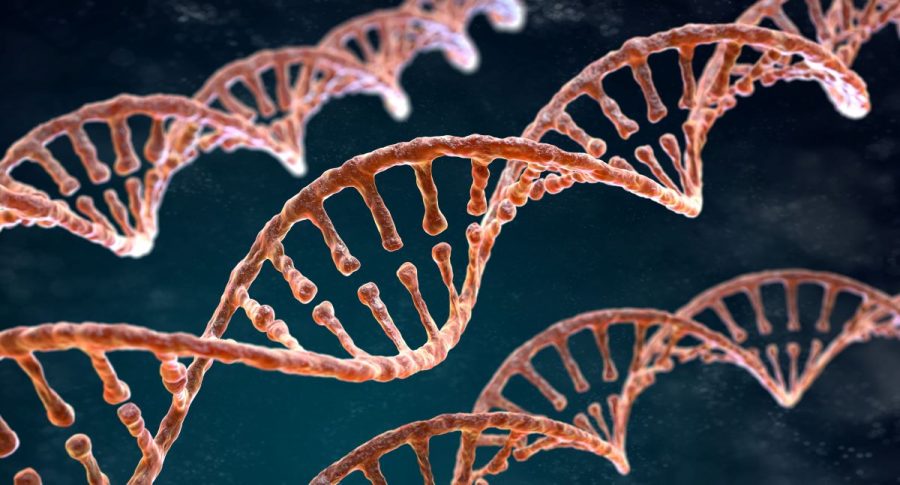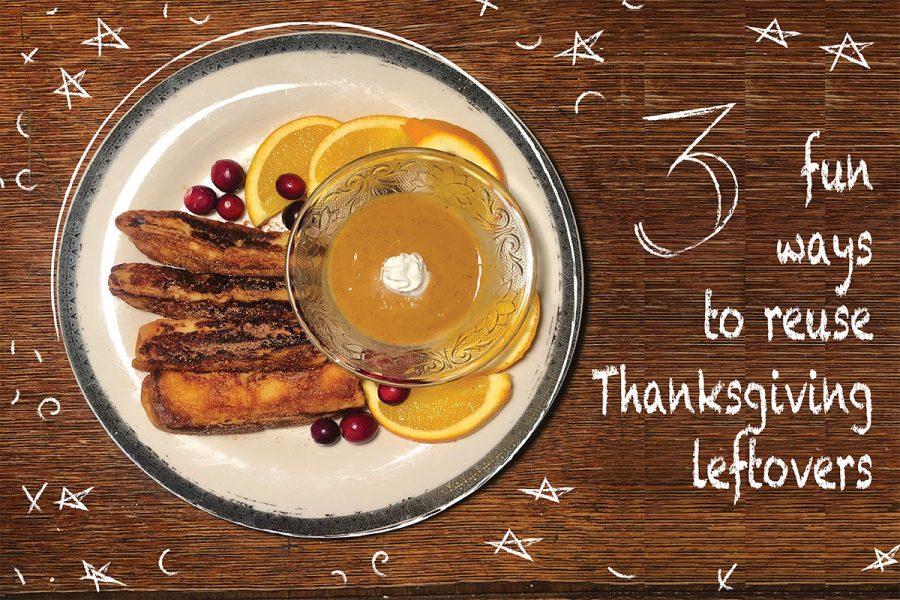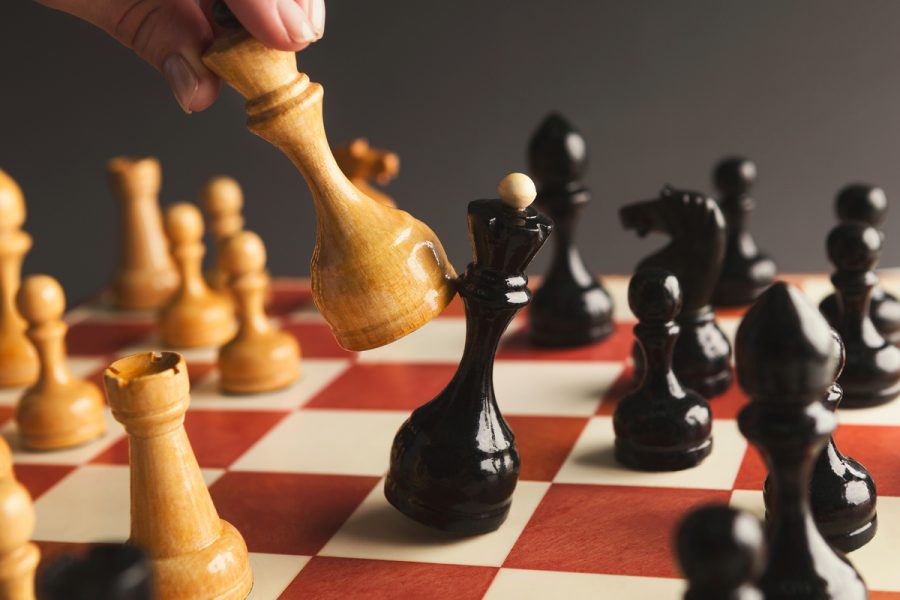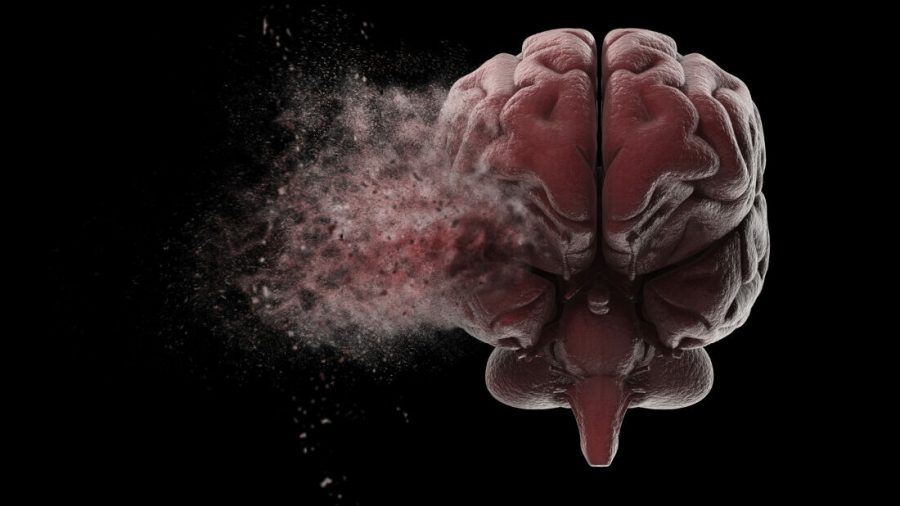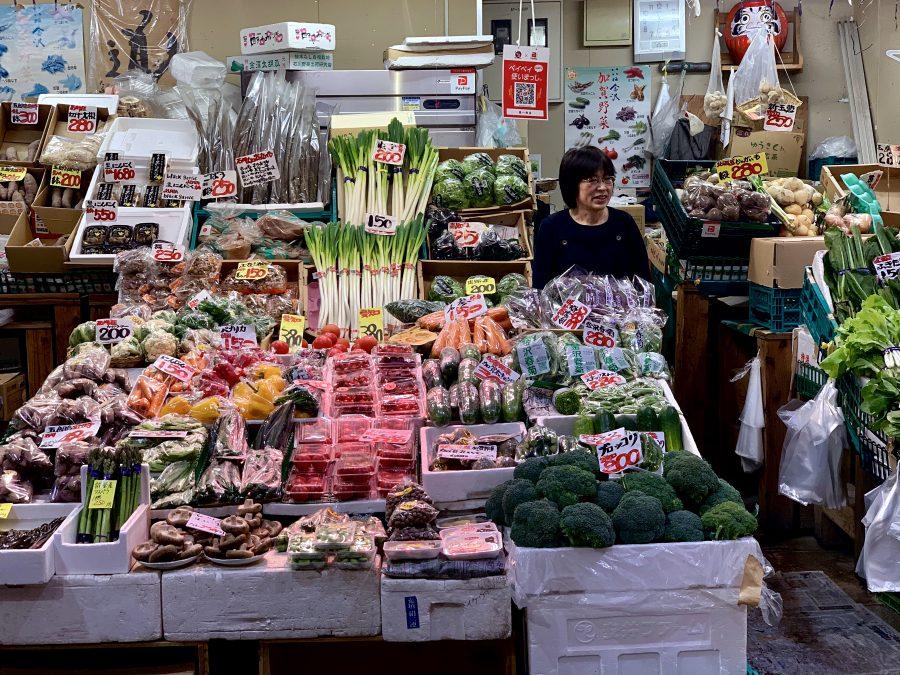Socrates was born circa 470 BC in Athens, Greece to an Athenian stone mason and sculptor, Sophroniscus and midwife, Phaenarete. Little is known about his life, save for what his students — including Plato — passed down. After serving in the armored infantry in three military campaigns during the Peloponnesian War, Socrates returned to Athens and took up philosophy. After Athens’ defeat by Sparta in the Peloponnesian War, Athens fell into a period of turmoil and instability. During this time, Socrates’ ideals offended many and in 399 BC, he was sentenced to death by hemlock poisoning.
[quote cite=”Socrates”]The only true wisdom is in knowing you know nothing.[/quote]
With a little over three weeks left in my high school career, it’d be an understatement to say I’m feeling overwhelmed. For me, it feels like it’s the beginning of the end and in my last blog post for Words on Words, I’d like to acknowledge all the wonderful opportunities I’ve been given through CPS and in the past 17 years of my life. So let’s begin by talking about everyone’s favorite part of the end of the school year — finals.
This quote hardly seems fitting when most students have a cumulative final coming up, not to mention AP tests and End-of-course exams. Us students can rant on and on about how most of the information we learn won’t even be applicable five years from now. How will knowing how long the Hundred Years War really lasted help find a job? (Just so you know, it really lasted 116 years.) That information you can find on Google (which is where I found it). But really, knowing that this information exists, and there’s so much more to learn about that our textbooks can’t even begin to cover instills a sense of humility.
There’s a vast pool of knowledge on any subject in the world. From astronomy to anatomy to politics, there are so many processes and facts that none other than a human computer can retain and recite and last time I checked, that human computer didn’t exist. One of the greatest things all these years of schooling has taught me is that I cannot begin to comprehend how much about the world I don’t know.
I have no clue the process of running for governor. I can’t sign to save my life. Ask me to draw out the bone structure of the hand and you’ll get a stick hand at best with ‘phalanges’ labeled at the tip of each finger. What I do learn in school tells me enough to know there’s more and that I have no capacity to learn all of it. We know nothing, but that doesn’t mean what little we learn can’t be of importance. What little we learn can mean the world to us and give us the life we’ve always wanted. Make each second and each lesson count.
I know there were countless nights when I stayed up far past twelve just to finish all the homework I needed to complete, weekends spent despairing about the never-ending load of work, and mornings when I wondered what I was doing with my life. The Columbia Public School system may not be the best in the nation, but it still provided experiences that made all those moments of anguish worth it. I was able to specialize in topics that really interested me, such as journalism and digital media. In other subjects, I realized the 300-page textbook only covered the tip-top of the tip of the iceberg, but in journalism and digital media, I was allowed to dive deeper and explore further, and for that I am grateful. I may know nothing in almost all of the subjects of study, but I do know something in those that I am passionate about.
When I graduate on May 21, I’ll receive a diploma. It may be just a piece of paper, but to me it signifies an understanding of a universal ideal. I know nothing of this world, but it’s all there for me to learn. I have the chance to learn something, and really, that’s enough for me.
photo illustration by Alice Yu
Categories:
Words on words: appreciating the ambiguity of knowledge
April 21, 2016
0
Tags:
More to Discover













































































